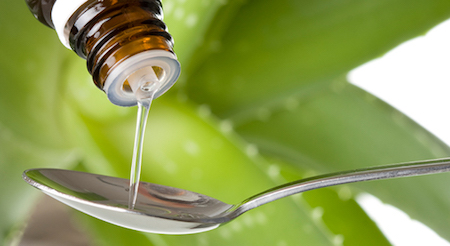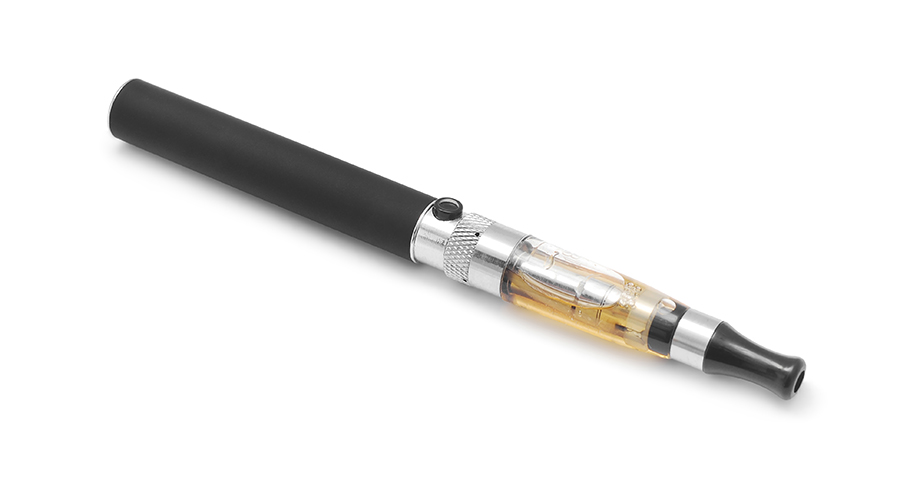One very effective instrument for triggering feelings, memories, and even moods is scent. Making a perfume specifically fit for a given event is a craft combining imagination, accuracy, and knowledge of the aromatic qualities of key oils and scent compounds. Learning how to make your own perfume enables you to combine scents that match with your unique personality, mood, and whatever event you are preparing for, making every moment truly special and memorable.
Understanding the Building Blocks of Fragrance
Any created scent is based on knowledge of fragrance structure. Three main layers form a well-balanced perfume: top notes, middle notes, and base notes. Usually light and refreshing, including citrus or herbal fragrances, the top notes make the first impression. Often referred to as the core of the scent, middle notes give character and depth; floral or spicy ingredients are popular selections. With earthy, woody, or musky tones, base notes anchor the smell and provide depth and richness.
Mastering the mix of these notes will help the perfumer make sure the final blend fits the target mood and occasion. A romantic evening can tend toward warm, seductive vanilla or amber aromas, while a vibrant gathering might call for brilliant, stimulating citrus and floral combinations.

Tailoring Scents to Specific Occasions
Developing a distinctive scent for a given event means matching the fragrance profile to the mood and feeling of the occasion. Lighter, breezy aromas with green, citrus, or aquatic notes often accentuate the backdrop for daytime events or outdoor pursuits. Formal or evening events could call for more sophisticated combinations with opulent and strong fragrances like oud, patchouli, or exotic flowers. A scent’s creation also depends much on seasonality. While autumn and winter tend toward warm, spicy, and soothing smells, spring and summer generally inspire fresh, fruity odors.
Personalization in Perfume Creation
Learning how to make your own perfume helps you to have a closer relationship with the fragrances you wear. Personalizing a perfume means not just selecting preferred smells but also understanding how it interacts with the skin chemistry. The way a perfume develops over time depends on body temperature, pH levels, and natural scent. This makes the experience of wearing a personalized scent especially distinctive to the person.
Creating a customized scent is a means of self-expression, not only a sensory one. Every note captures a bit of the creator’s identity and gives every event significance. Whether commemorating achievements, savoring special events, or just appreciating daily life, a customized smell enhances the experience in very significant ways.

























